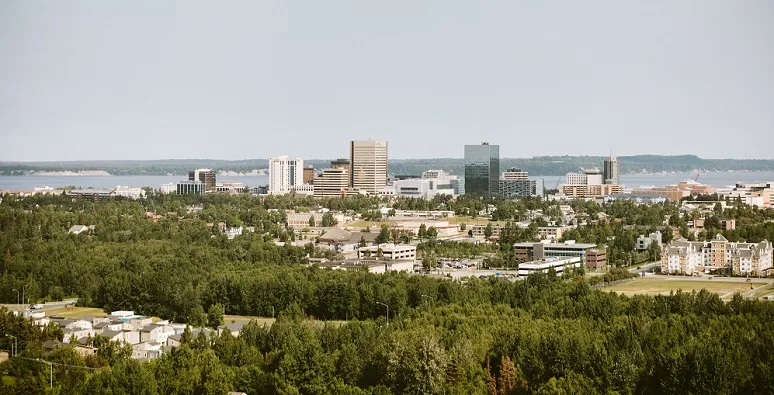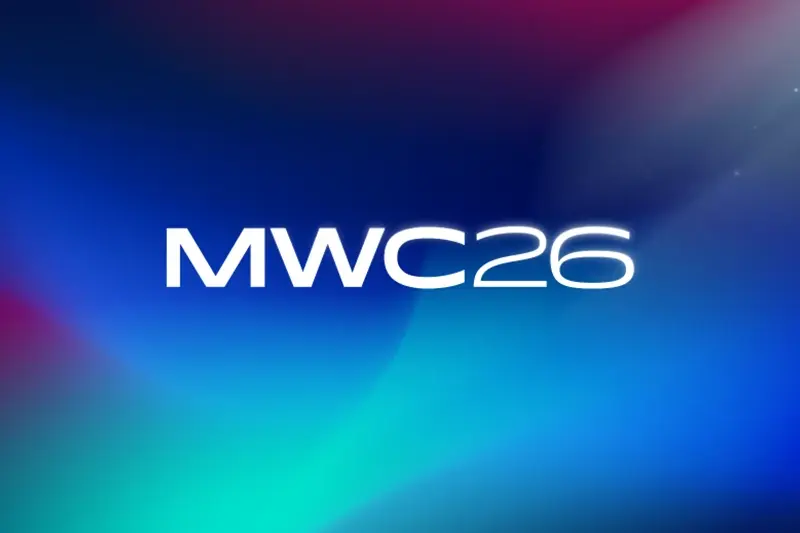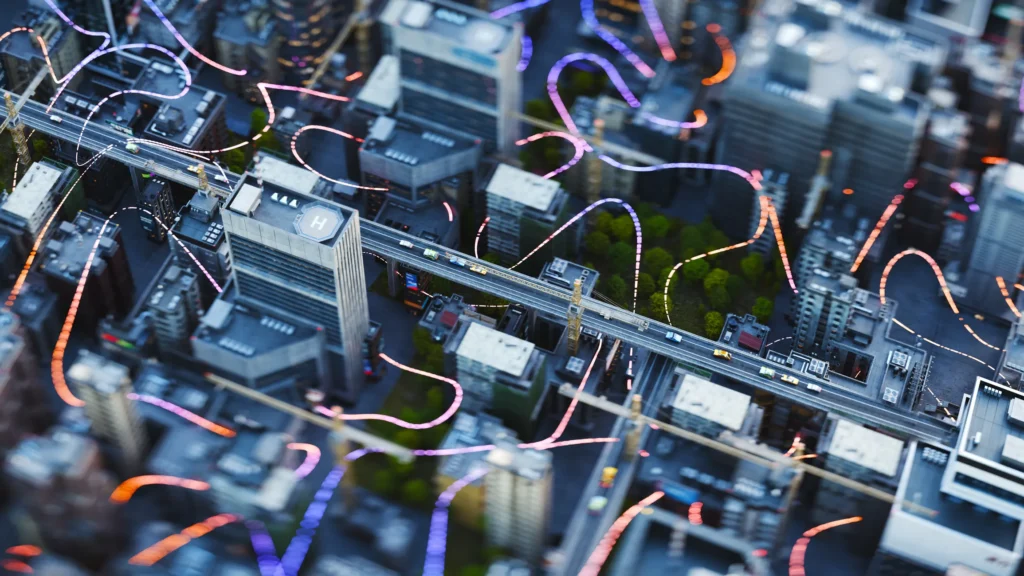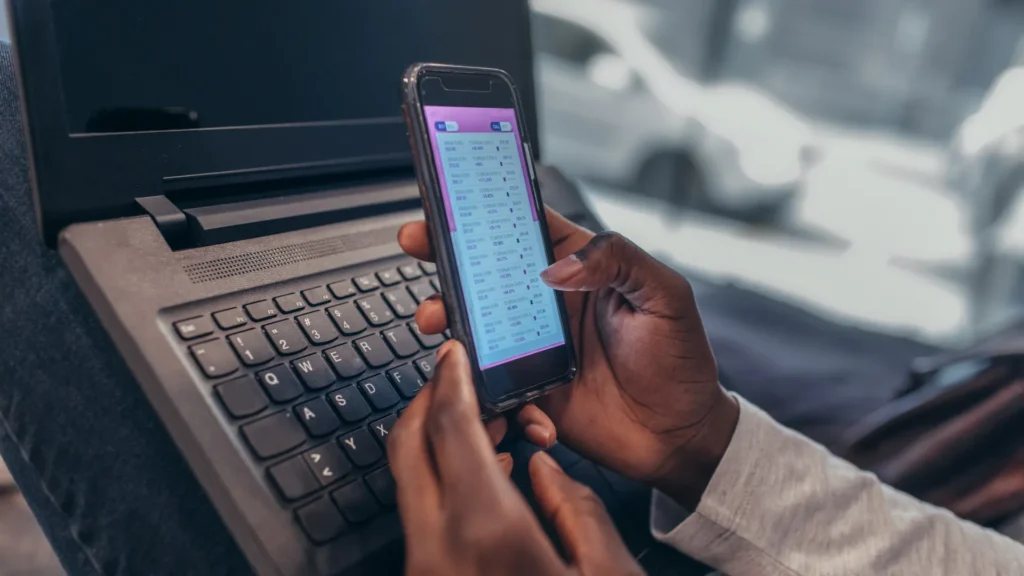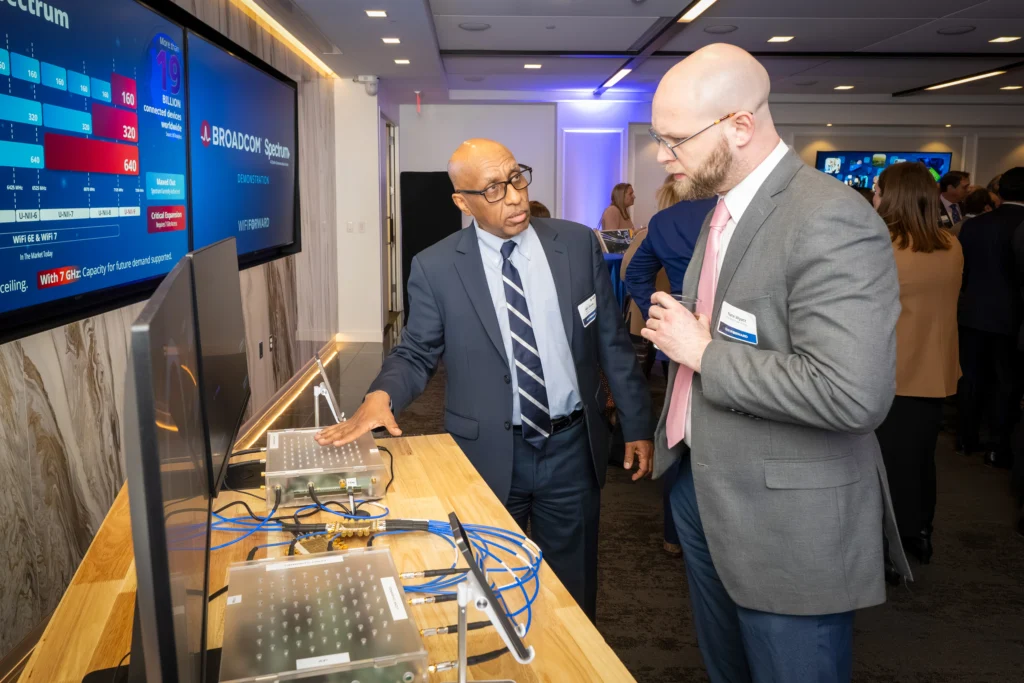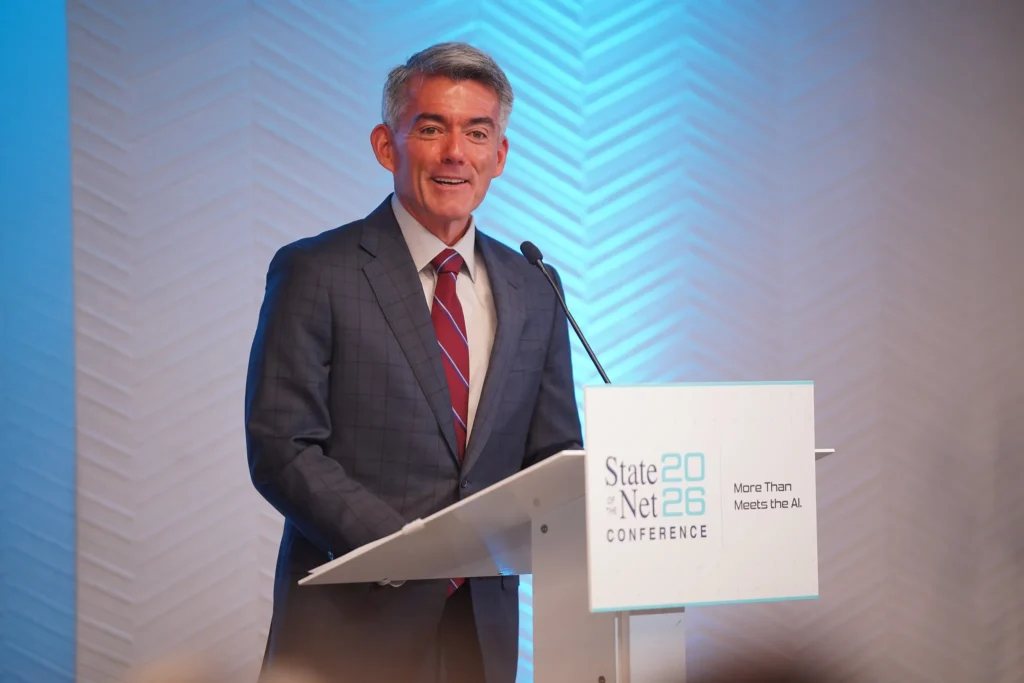NCTA continues to report weekly on network performance throughout the pandemic as a large portion of people across the country are still working from home and students close out their school years online. Broadband networks remain strong and steady, but it is cable’s frontline technicians who are out in the field partaking in all kinds of ventures to make sure that households and businesses are experiencing the speeds and capacity they need. This week, we’d like to shine a spotlight on another unsung hero out in Anchorage, Alaska, who is doing all of that while also giving those Alaskans without an internet connection the chance to stay connected during this unprecedented time.
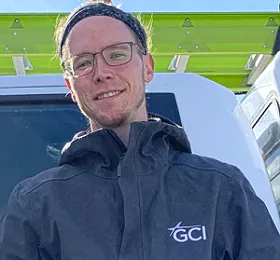 GCI Network Maintenance Technician Michael Mawhinney primarily focuses on commercial projects, but since the onset of the pandemic in Alaska, he has also jumped in to help with residential installs. As schools closed, GCI was part of the FCC’s Keep Americans Connected Pledge, and the provider also committed to connecting households with students and educators that lacked a broadband connection in order to help them continue their learning online. “The workload jumped up substantially,” said Mawhinney, as the GCI team worked extra hours to ensure all those households were set up.
GCI Network Maintenance Technician Michael Mawhinney primarily focuses on commercial projects, but since the onset of the pandemic in Alaska, he has also jumped in to help with residential installs. As schools closed, GCI was part of the FCC’s Keep Americans Connected Pledge, and the provider also committed to connecting households with students and educators that lacked a broadband connection in order to help them continue their learning online. “The workload jumped up substantially,” said Mawhinney, as the GCI team worked extra hours to ensure all those households were set up.
And when GCI experienced an influx in calls from people who transitioned to working remotely full time, technicians helped residents either improve or set up their home offices—whether that meant adding an additional phone line or installing another modem. “Maybe someone is a medical staffer, and they’re working remotely now and their work requires them to have a separate, private network from their home one. We saw a huge increase in those kinds of calls,” said Mawhinney.
Working as a technician in Alaska has its own set of unique challenges—from experiencing shorter daylight hours in the winter to sporting extra layers and protective gear to working outside in sub-zero temperatures. Fortunately, Mawhinney said, this health crisis hit in the spring when the weather is much more tame and manageable. The team in Anchorage worked efficiently, relying more on video teleconferences and Whats App chats to communicate with one another and with customers as they pivoted towards a self-installation program to help their employees and customers stay safe.
The businesses that were still open needed a lot of help as well. Mawhinney’s work has included setting up additional phone lines for small restaurants and breweries that turned into takeout businesses and weren’t properly set up that way to begin with.
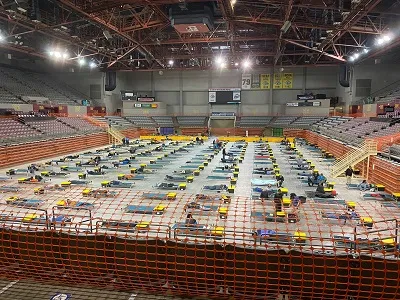
The municipality of Anchorage also tapped Mawhinney to be the point of contact for a special project at the beginning of the pandemic. When Anchorage turned a few of the city’s ice arenas into temporary emergency shelters to better accommodate the area’s homeless population, it was Mawhinney who was responsible for setting up the shelters with the data and video services that they needed.
“The arenas were relatively set up in the past for services, but not really … because they are tricky places to work in, they are all concrete, and trying to run cables in these places is complicated,” explained Mawhinney. Not to mention, shelters often have high concentrations of people, which can make working in that kind of situation even more stressful during a pandemic. But Mawhinney, who said he has a lot of empathy for those in homeless shelters, wanted the opportunity to service the arenas.
“It was a learning process every day, and a changing of habit. Not touching certain things, staying away from people, having to wear a mask while you are working with your tools. I wear glasses and they were fogging up all of the time, my hands were sweaty, and you have lot of people around you who don’t have PPE and it’s also a vulnerable population at the same time,” explained Mawhinney. But safety was always a top priority, he added. GCI equipped him with all the protective gear he needed, and also made sure he was comfortable doing the job every step of the way. “Never at any time was GCI like, ‘You have to do this, you don’t have a choice.’ It was completely at will. And at any moment, it was ‘Whatever you need, please just let us know,” said Mawhinney.
The municipality and mayor extended their thanks to Mawhinney and the team at the end of the project when everything was up and running. “It was a really intense experience, and just working with people during something like that, you can tell there is a lot of stress, but underneath all that stress there is loads of gratitude,” said Mawhinney.
Header photo of Anchorage, Ala., skyline, courtesy of GCI

